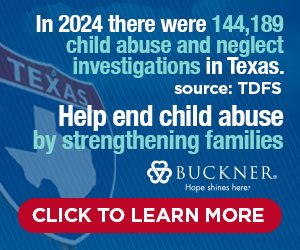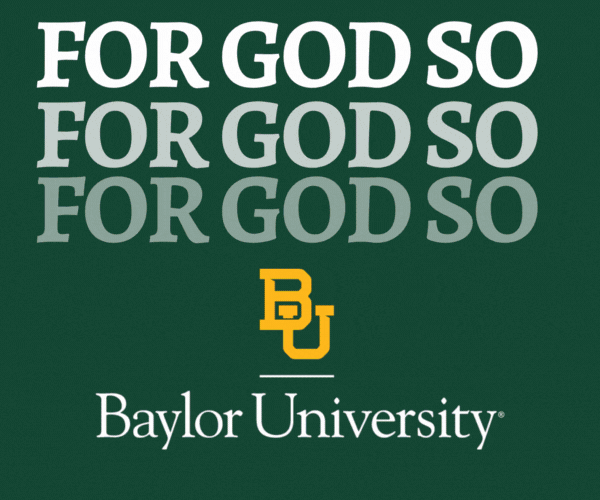COLLINS, Miss. (BP)—Already heavy-laden with the turmoil of a global COVID-19 pandemic, residents in several Southern states suffered the added burden of a string of tornadoes Easter Sunday.
The National Weather Service received more than 40 reports of tornadoes that hit areas from East Texas to North Carolina. Tornadoes killed at least 27 people, destroyed hundreds of homes and left more than a million in the dark.
‘Still in shock’
“Most everybody’s still in shock,” said Tommy Broom, director of missions for the Covington-Jefferson Davis Baptist Association in Collins, Miss., which includes about 30 churches spread across several communities damaged by strong tornadoes. “It’s kind of unreal.”
Several Southern Baptist churches were among damaged buildings in Mississippi, Tennessee and Alabama, and many homes of Baptists were destroyed.
Southern Baptist disaster relief crews sought to respond to the damage while observing social distancing to prevent spread of the coronavirus.
“We’re trying to keep our distance and doing the best we can, during the times we live in,” Broom said. “We need cleanup crews, and many people in our area will need financial support to purchase clothing and basic necessities. There’s lots of houses just totally destroyed. We’ve cleaned roads off where people can get into their homes, and we’ve been cutting trees in the yards.”
Deaths and damage reported
Mississippi bore the brunt of the storm deaths with at least 11 people killed, according to the National Weather Service. Seven deaths were reported in Georgia; five were reported in South Carolina. Tennessee had two reported deaths, while North Carolina and Arkansas each reported one death.
Mississippi Baptists set up a base of operations at First Baptist Church in Soso, a small town 70 miles southeast of Jackson.
In Chattanooga, Tenn., the Hamilton County Baptist Association still was receiving reports of damaged homes and churches, according to director of missions Dennis Culbreth.
Sign up for our weekly edition and get all our headlines in your inbox on Thursdays
“We’ve got churches that are volunteering to help. People have contacted me from other parts of the state, and we’re seeking to do our best to assist these people during this time,” Culbreth said. “And on top of this, you’ve got the coronavirus. … We’ve never dealt with this.”
Bill Mason, co-pastor of Morris Hill Baptist Church in Chattanooga, was removing items from his damaged home after a tornado tore away the roof.
“The subdivision we live in, Holly Hills, it is devastated,” Mason said. “There are houses that are totally destroyed. Some have very little damage. Our house, we lost our roof; a big tree fell on our deck. It’s not livable.”
Mason said four other families from his church also live in the subdivision.
“COVID-19 has taken a backseat right now,” Mason said. “That’s the last thing on my mind. You deal with what’s most important. … We’re trying to find a hotel for the night.”
Volunteers offer disaster relief
Doyle Pittman, Hamilton County Baptist disaster relief director, planned to establish an incident command at Concord Baptist Church in Chattanooga and deploy chainsaw teams after damage is assessed.
“We are hoping to get some software set up where people can turn in their requests (for help) online, rather than having everybody come to an incident command,” Pittman said.
To handle in-person requests, he added, “We’re going to have a table set up outside incident command to interface with people.”
Pittman said various areas of the church will be utilized to maintain social distancing as much as possible.
The pandemic “adds a whole new aspect” to disaster relief, Pittman said. Crews will use protective gear, including masks, gloves and Tyvek suits, which are normally used during disaster relief work, and will likely use a disinfectant on tools.
According to the Tennessee Baptist Mission Board, disaster relief is an essential service that is allowed even as the state is under a stay-at-home order, he noted.
“What we’re encouraging people to do down here, at this point, is to help your neighbor and stay out of the way,” Pittman said. “Everybody’s pretty much willing to help, volunteer anywhere they can. We’re just trying to exercise precautions.”
In Seneca, S.C., Southern Baptist disaster relief crews have been clearing trees and pushing debris to curbsides. While the area did not have the highest number of fatalities in the state, the damage spread widest there, said Randy Creamer, South Carolina Baptists’ disaster relief director.
Taking precautions, relying on local volunteers
To comply with guidelines to combat the COVID-19 pandemic, before serving each day, volunteers must have their temperature taken by a first responder. They then must wear a wrist band in order to move in and out of affected areas, Creamer explained.
South Carolina Baptist volunteers have been answering calls across the state, receiving requests for help “from 13 different areas in the state, from the eastern side of the state up to the North Carolina border all the way to Oconee county, which borders Georgia,” Creamer said.
Just on the other side of the state line in Toccoa, Ga., Stuart Lang, Georgia Baptists’ disaster relief director, expects most responses in the state to be in Stephens County, although several teams are deployed across the state, including the northwest corner and the area around Savannah.
“I’m very prayerful and optimistic that we will be able to help a lot of people in the midst of the pandemic,” Lang said.
Sam Porter, the national director for Southern Baptist disaster relief at the North American Mission Board and Send Relief, has encouraged Baptist state and local leaders to utilize local churches, since the pandemic has restricted travel.
State Baptist disaster relief directors have avoided overnight housing in this response, instead opting to make sure teams are close enough to return to their own homes after a day of chainsaw and debris cleanup.
“Thankfully, we’ve got great volunteers who react quickly when a disaster hits their backyard,” Porter said. “Our churches need to be aware and prepared to respond if a disaster hits in their area.”
With additional reporting by Brandon Elrod from the North American Mission Board.
















We seek to connect God’s story and God’s people around the world. To learn more about God’s story, click here.
Send comments and feedback to Eric Black, our editor. For comments to be published, please specify “letter to the editor.” Maximum length for publication is 300 words.